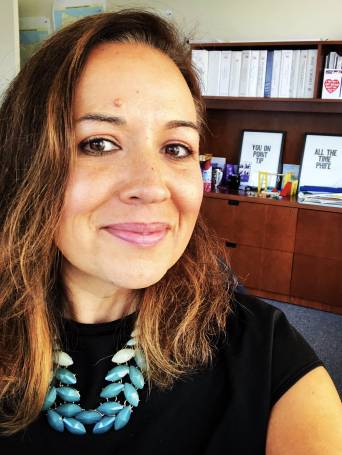
Rasmia Kirmani-Frye is an independent consultant focusing on urban problem solving, housing, movement building, governance design, non-profit management, narrative development and strategic planning. Rasmia is currently working with the Ford Foundation on public housing reform. Until December 2018, Rasmia was Director at the Office of Public/Private Partnerships, New York City Housing Authority (NYCHA), appointed to the executive team in 2015. She developed and managed NYCHA’s strategic relationships with external cross-sector entities. While at NYCHA, Rasmia founded The Fund for Public Housing in 2016 where she served as its first president. The Fund for Public Housing invests in the well-being of public housing residents and their communities by collaborating with partners to re-imagine and improve the way public housing in NYC works. Prior to that Rasmia served as director of The Brownsville Partnership, a community based organization. She spearheaded the effort to build a collective impact neighborhood network working with community residents, many of whom live in public housing. Rasmia earned a Master of Science degree in Urban and Public Policy from The New School and a Bachelor of Arts degree in Urban Studies from the College of Wooster in Ohio. She is Chair of the New York Foundation, board member of Hester Street, serves on the national advisory board of the Center for Court Innovation, and Chair of the Youth Design Center (formerly Made in Brownsville, Inc). In 2018, the Robert Sterling Clark Foundation named Rasmia a Sterling Network Fellow, New York City leaders from government, non-profit and business sectors working together to tackle the challenge of increasing economic mobility across the five boroughs.